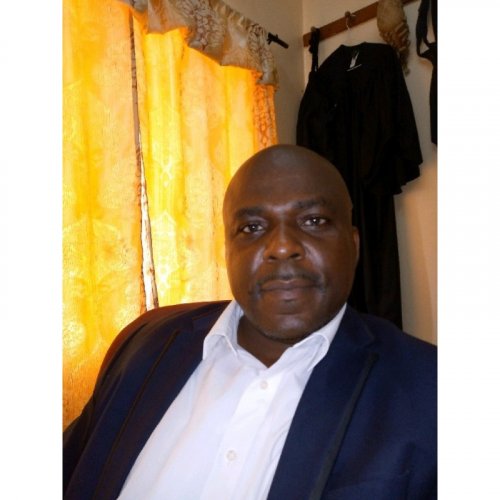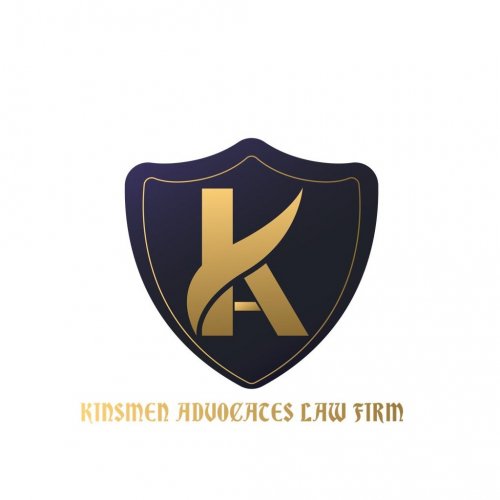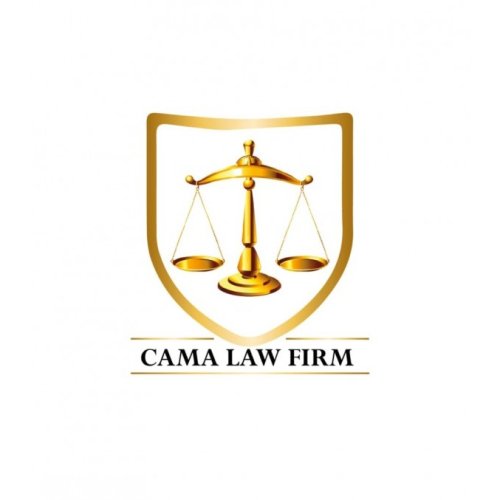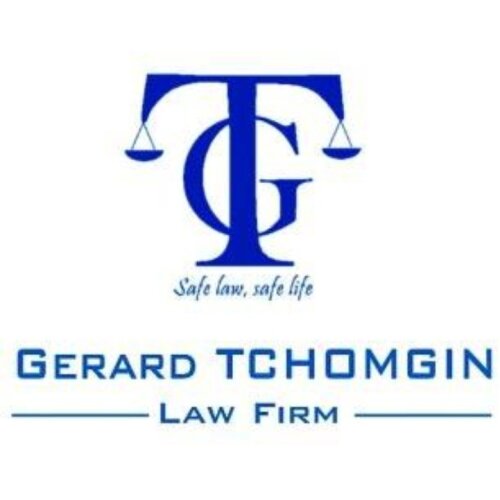Best Debt & Collection Lawyers in Cameroon
Share your needs with us, get contacted by law firms.
Free. Takes 2 min.
Or refine your search by selecting a city:
List of the best lawyers in Cameroon
Legal guides written by CHI & Partners Law Firm:
- Ship Registration in Cameroon
About Debt & Collection Law in Cameroon
The field of debt and collection law in Cameroon involves the process and the rights and obligations of the parties involved in lending and recouping of debts. Notably, it encapsulates agreements for the deferral of payments, payment defaults, the sale of debts, collection of overdue payments, and insolvency. Laws and regulations regarding debt and collections offer consumer protection measures and regulate the agencies and activities involved in debt collection.
Why You May Need a Lawyer
Understanding and navigating the intricacies of debt and collection law can be complex. You may require legal assistance in the event of disputes over the existence of debt, the amount of the debt, or allegations of unfair collection practices. In addition, when facing issues like bankruptcy or insolvency, a lawyer skilled in debt and collection law is crucial. Even in less severe circumstances, such as contractual issues about deferral of payments, a lawyer can guide you to make informed decisions.
Local Laws Overview
In Cameroon, the Organisation for the Harmonisation of Business Law in Africa (OHADA) Uniform Act Organising Simplified Recovery Procedures and Measures of Execution regulates debt collections. The Act allows creditors to recover their debts without necessarily going to court. In the case of insolvencies, the OHADA Uniform Act Organising Collective Procedures for clearing off Debts covers such situations. Moreover, the Constitution of Cameroon and several civil laws also touch on specific scenarios of debt and notification collection.
Frequently Asked Questions
1. What are my rights as a debtor in Cameroon?
Your rights as a debtor include: The right to be notified of the debt owed, the right to a fair hearing in case of disputes, the right to humane treatment without harassment from debt collectors, among others.
2. Can I be jailed for owing a debt in Cameroon?
Dedicated debt collectors may use legal channels to pursue debtors who default on their payments. However, debt is a civil matter in Cameroon and it does not warrant imprisonment unless it involves fraudulent activities.
3. What options do I have if I cannot pay my debt on time?
Seek advice from a legal attorney. Depending on the circumstances and legal advice, you may choose to renegotiate with the creditor, secure the debt against property, or declare insolvency.
4. Can my property be seized if I default payment?
If you default on a loan that was secured against your property, the creditor may take steps to seize it. Unsecured creditors may also initiate a process to have your property seized if they can prove to a court that you owe the debt and have defaulted.
5. What is the statute of limitations for a debt in Cameroon?
It depends on several factors, including the type of debt. It's best to consult with a lawyer to get accurate information based on your specific situation.
6. What should I do if I'm being harassed by debt collectors?
If a debt collector is using unscrupulous practices or harassing you, seek legal advise immediately. The OHADA Act articulates your rights and remedies in such circumstances.
7. Can I dispute a debt?
Yes, you can dispute a debt if you have grounds to believe that there is an error or it is not yours. Seek legal advise in such instances to guide you on the right steps to take.
8. How does bankruptcy work in Cameroon?
Bankruptcy is governed by the OHADA Uniform Act Organising Collective Procedures for Clearing off Debts. If you can't cover your existing debts, you may declare bankruptcy, which may lead to liquidation of your assets to settle the debts.
9. Can a creditor garnish my wages in Cameroon?
Yes, after securing a court order, a creditor can garnish your wages to repay a debt.
10. What is a default judgment?
A default judgment happens when you fail to respond to a lawsuit within the required timeline. In such cases, the court often rules in favor of the plaintiff (most likely the creditor).
Additional Resources
In Cameroon, the Ministry of Justice and various courts have jurisdiction over matters relating to debt and collection. Also, you may reach out to debt collection agencies and law firms specializing in debt and collection law. Additionally, as a member of OHADA, Cameroon recognizes its application for judicial training and resources related to debt collection.
Next Steps
When in need of legal assistance with debt and collection, consider hiring a solicitor conversant with local and OHADA statutes on such matters. Always respond promptly to notices of collection or lawsuits, seek legal advice promptly when needed, and maintain open, transparent communication with creditors especially when renegotiating payments or facing difficulties in meeting your obligations.
Lawzana helps you find the best lawyers and law firms in Cameroon through a curated and pre-screened list of qualified legal professionals. Our platform offers rankings and detailed profiles of attorneys and law firms, allowing you to compare based on practice areas, including Debt & Collection, experience, and client feedback.
Each profile includes a description of the firm's areas of practice, client reviews, team members and partners, year of establishment, spoken languages, office locations, contact information, social media presence, and any published articles or resources. Most firms on our platform speak English and are experienced in both local and international legal matters.
Get a quote from top-rated law firms in Cameroon — quickly, securely, and without unnecessary hassle.
Disclaimer:
The information provided on this page is for general informational purposes only and does not constitute legal advice. While we strive to ensure the accuracy and relevance of the content, legal information may change over time, and interpretations of the law can vary. You should always consult with a qualified legal professional for advice specific to your situation.
We disclaim all liability for actions taken or not taken based on the content of this page. If you believe any information is incorrect or outdated, please contact us, and we will review and update it where appropriate.
Browse debt & collection law firms by city in Cameroon
Refine your search by selecting a city.














